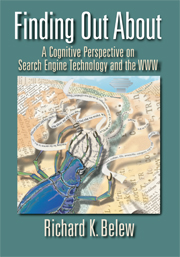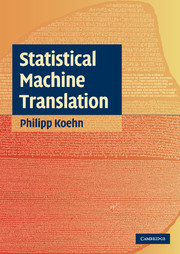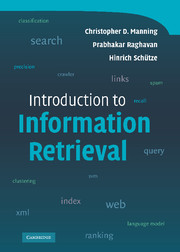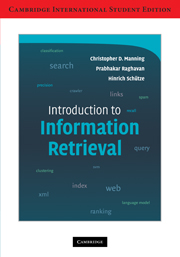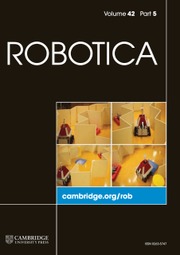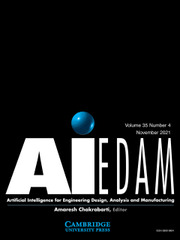Finding Out About
Finding Out About explains how to build useful tools for searching collections of text and other media. In the process it takes a close look at the properties of textual documents that do not become clear until very large collections of them are brought together and shows that the constructions of effective search engines requires knowledge of the statistical and mathematical properties of linguistic phenomena, as well as an appreciation for the cognitive foundation we bring to the task as language users. The unique approach of this book is its even handling of the phenomena of both numbers and words, giving it a wide appeal. The textbook works for undergraduate and graduate classes on information retrieval, library science, and computational linguistics. More exercises are available to instructors. A supporting Web site includes recent additions to the book, as well as links to sites of new topics and methods.
- Relevant to both technical 'number people' and literate 'word people'
- Integrated software allows easy experimentation
- Supporting website includes errata and resources for instructors
Reviews & endorsements
'One of the wonderful things about this textbook is that it considers information retrieval in the context of the Web … It is only in the last ten years that a new technology- the World Wide Web - has started to have an impact on people's information-seeking activities. It is not easy to introduce current technology meaningfully and successfully into scientific discussions about IR, but Rik Belew has done just that. Students will come to this book with quite a sophisticated knowledge of the Web and will not be disappointed. From the point of view of a teacher introducing the Web as a vehicle for experimentation, it is ideal.' Keith van Rijsbergen, from the Foreword
'A comprehensive resource for teaching a programming-based information retrieval class. The text provides an integrated introduction to many topics in information retrieval with a strong emphasis on mathematical and machine learning models, as well as giving a clear account of implementation details for the programming assignments.' Information Retrieval
'… readable, understandable, and inspiring. It is strongly recommended.' E. Kostolansky, Zentralblatt für Mathematik
'This is a fascinating work - the author describes it as a 'textbook' but it is more than that … refreshingly, Belew's book takes a broader view … than has tended to be the case in most earlier books … the overall structure is particularly well thought out … this is a very welcome addition to the book literature … notable for its concise and very up-to-date summarising of theoretical knowledge, its stimulating cross-disciplinarity, and its challenging and creative use of IT to support is readership. Many students will find it inspirational.' Michael Heine, Journal of Documentation
Product details
October 2008Paperback
9780521734462
384 pages
235 × 178 × 17 mm
0.63kg
10 b/w illus. 5 colour illus. 20 tables 60 exercises
Available
Table of Contents
- 1. Overview
- 2. Extracting lexical features
- 3. Weighting and matching against indices
- 4. Assessing the retrieval
- 5. Mathematical foundations
- 6. Inference beyond the index
- 7. Adaptive information retrieval
- 8. Conclusions and future directions.

